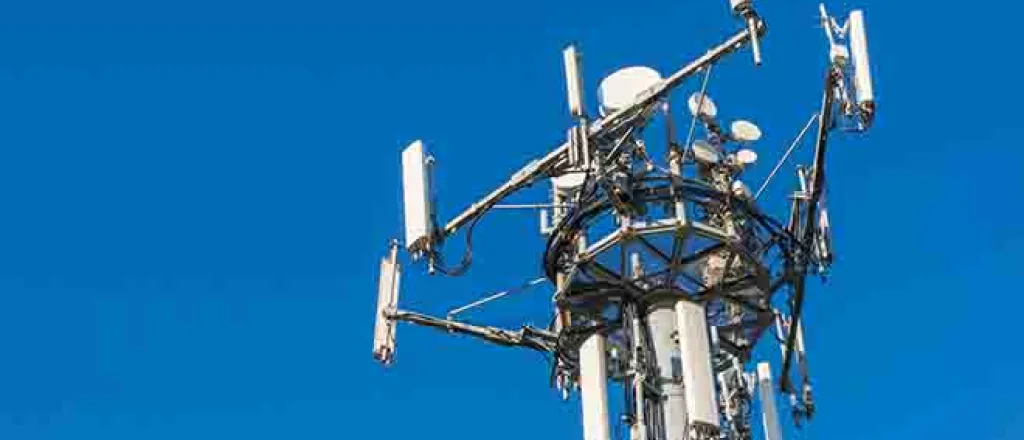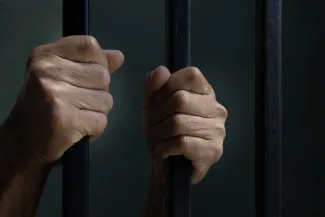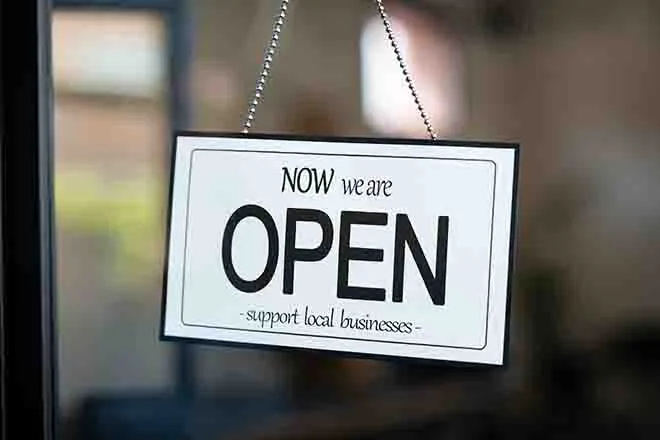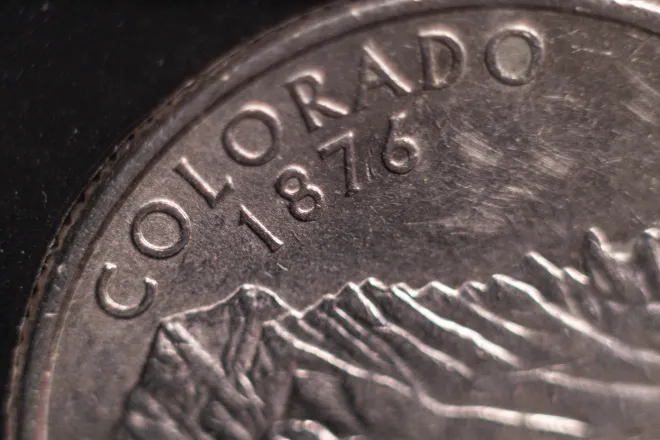
FCC votes to loosen caps on jail, prison phone calls
The Federal Communications Commission voted Tuesday to loosen regulations set just last year that would have significantly reduced the rates that prisoners, jail detainees and their loved ones pay to keep in touch.
In July 2024, the FCC passed its first cap on rates that prisons and jails — along with their telecommunications contractors — can charge inmates to make audio calls. The rule, originally scheduled to take effect at the beginning of this year, set the rate at 6 cents per minute for a 15-minute call for large jails and prisons, far below the rates that most people were paying in Louisiana, where some parish jails were charging as much as 25 cents per minute, according to a 2022 report by the Prison Policy Initiative.
Criminal justice reform advocates, including Orleans Parish Sheriff Susan Hutson, who runs New Orleans’ jail, have argued that high call rates stretch family budgets and prohibit the type of connectivity that studies show is beneficial to incarcerated people and their families.

© Akarawut Lohacharoenvanich - iStock-1436012592
Still, for decades people behind bars and their loved ones have been forced to pay exorbitant rates to stay in touch, while telecommunications companies and facility operators have traditionally split the revenue they made from enforcing high rates.
Hutson, who will step down in May after losing her reelection bid this month secured a new contract that offers one free 15-minute phone call per day and one free 20-minute video call per week to jail detainees.
Neither Hutson, nor Sheriff-elect Michelle Woodfork immediately responded to requests for comment from Verite News.
In 2023, Congress granted the FCC the authority to regulate phone rates and in 2024 it voted unanimously to significantly limit the amount that telecommunications companies and the facilities that they provide service to can charge for calls.
But the rule never took full effect. State prison systems and local jails, such as the New Orleans city jail, that had active contracts with telecommunications providers were given a one-year grace period to adjust their rates. And then, in June of this year, the FCC announced that the caps would be delayed until April 2027.
Thursday’s vote, meanwhile, nearly doubles the 2024 cap for some institutions. The new interim rates raise the maximum cost of phone calls with people inside prisons from 6 cents per minute to 11 cents per minute. Rates for large jails, like the Orleans Justice Center, defined as holding 1,000 or more residents, are now capped at 10 cents per minute for phone calls. Rates for medium to very small jails range from 11 to 18 cents per minute. Under the previously agreed upon rules, those rates were capped at between 7 and 12 cents per minute.
The new rates include a two-cent-per-minute added fee that would go to the jails and prisons for “correctional facilities’ expenses.” The temporary regulations continue to prohibit fees known as “site commissions” — a percentage of the per-minute calls that is shared with facility operators, such as sheriff’s offices — and other ancillary fees, associated with setting up an account to make phone calls.

The change in rate caps appears to be a response to concerns raised by telecommunications companies that the 6 cents per minute limit did not cover the costs of security measures — like surveillance of calls — associated with providing service in prisons and jails. FCC members said the 2024 rules had resulted in some jails ceasing to provide telecommunications services at all.
In a meeting on Zoom on Monday, prison phone justice advocates representing Worth Rises and the United Church of Christ Media Justice Ministry said that only one small jail, in Baxter Country, Arkansas, had opted to end telecommunications services in retaliation against the lowered rate caps.
Criminal justice reform advocates at Louisiana nonprofit the Promise of Justice Initiative have been campaigning to convince the state Department of Corrections and local sheriffs to reduce the cost of phone calls for detainees and their loved ones to zero. Hardell Ward, director of community impact for the organization, said the FCC is backpedaling and going against what Congress and voters want to benefit telecommunications companies.
Ward noted that Securus, one of the largest prison and jail telecommunications companies in the United States, is owned by Tom Gores, owner of the Detroit Pistons, through his private equity firm Platinum Equity. Securus provides phone services for Louisiana state prisons and a number of parish jails. (The New Orleans jail uses a different contractor.)
“Louisiana pays for the Detroit Pistons,” Ward said.
A representative for Securus’ parent company Aventiv did not immediately respond to a request for comment on the rate changes from Verite News.
Ward said that lower call rates keep incarcerated people more connected with their loved ones on the outside, which in turn keeps them happier and makes the prisons and jails safer.
“When you deny that connection, you’re putting guards who have to manage that facility in the line of fire. You’re taxing the resources of sheriffs,” Ward said.
Louisiana Public Service Commissioner Foster Campbell, a Shreveport Democrat who represents north Louisiana on the commission — which regulates telecommunications companies for the state — has long criticized rates for phone calls with incarcerated people. In a telephone interview on Tuesday, Campbell said he is against the less restrictive rate limits.
“We have the highest rate of incarceration in the country and the poorest people,” Campbell said. “It all circles around one word – greed. If you gave [the telecommunications companies] 6 cents, they’d want 10 and if you gave ‘em 10, they’d want 15 and then 20.”
The Louisiana Department of Corrections did not immediately respond to a request for comment from Verite News.
Federal Communications Commission member Anna Gomez, a Biden administration appointee and the only commissioner who voted against the rate cap increases, opened her remarks by calling the move to increase rate limits for prison and jail calls “indefensible.” The other two commissioners, Olivia Trusty and Chairman Brendan Carr, were both appointed by President Donald Trump.
“[Adopting the new rules] implements an egregious transfer of wealth from families in incredibly vulnerable situations to greedy monopoly companies,” Gomez said, noting that people with loved ones behind bars are saddled with the difficult choice of paying the high rates or losing their connections. “Families have no option but to pay the higher rates, regardless of whether they have enough to make rent, buy groceries or pay the electric bill.”
Trusty, who joined the commission this year, noted that telecommunications companies that provide phone service in prisons operate at an advantage because their customers can’t sign up with a competing firm. But she said the high costs of safety and security measures, like recording and monitoring phone calls, unique to providing service to carceral facilities, must also be considered.
Before the vote, Carr noted that changes to rate caps of prison and jail communications have resulted in multiple lawsuits. In November Louisiana, Mississippi, Texas and the Louisiana Sheriff’s Association sued the FCC in opposition to the 6 cent rate cap.
Carr laughed at an audible “boo” that came from a member of the audience when he entered the deciding vote to approve the new rate caps.
















